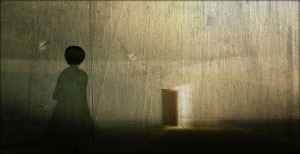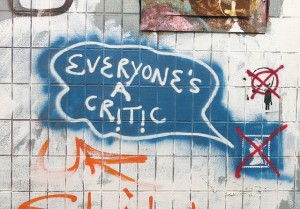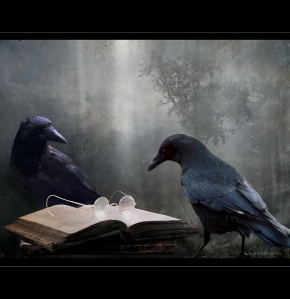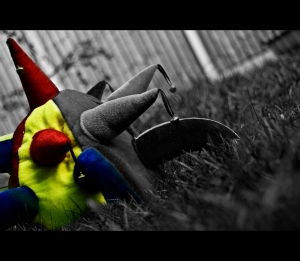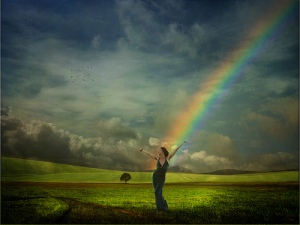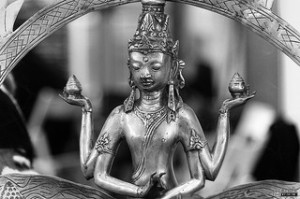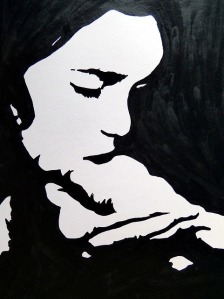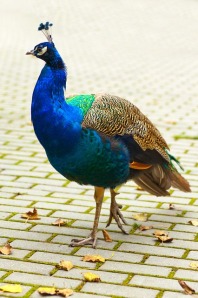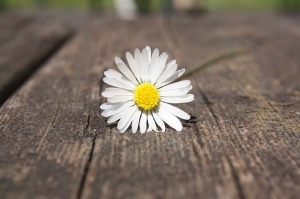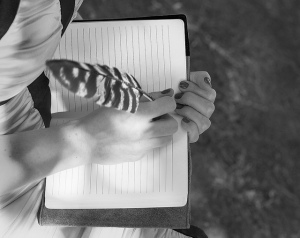
Photo by Walt Stoneburner
“One’s first diarist,” suggests psychotherapist and essayist Adam Phillips, “is one’s mother who links facts for one, holds the pieces together.” Forget the priest’s confession booth or your mum. There are more places than ever for confessionals today. Social media is a constant flood of inner thoughts memorialised. Still, the art of keeping a diary continues, despite a technological and social revolution that mean that both writing by hand and private introspection are fast becoming things of the past. Keeping diaries is an ancient tradition that dates back to 10th century Japan.
I found an old diary of mine recently. I had filled its pages about ten years ago, when I first met my husband. How young I seemed then. What a mix of embarrassment and wonder to rediscover who I was. I’m not a daily journal scribbler. I have a journal on my bedside table and use it when my head feels busy. It helps to spill my thoughts onto the page. I have no rules about what goes into it. I use it to hold myself to account with goals and for story ideas, which are starred and filed away in their proper place later. I remind myself to write a list of things to be grateful for, which I find really helpful to reread on the days I have had a disappointment and have lost my perspective. I have found myself journalling more this year in Switzerland, finding many trusted conversation partners far away.
So what is it that leads us to write diaries? There are some who say diaries are the preserve of the troubled. Once the seas are calm, the diary is relegated to the back of a drawer. A diarist its someone, who is self-important and secretly hopes to be read, who wishes to control, or who does not have the courage to voice their thoughts in conversation. S/he is someone who does not live in the present, who is fascinated by their own history.
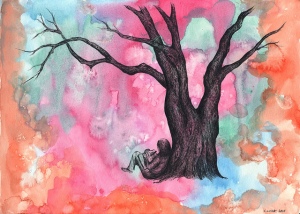
Photo by Steve Loya
While some truth may be found in the reasons above, it would be a shame to dismiss the benefits of journalling out of hand:
▪ Clarity. You can off-load and clear confusion by articulating your thoughts.
▪ Honesty. No-one has to read your journal but you. Your words are unfiltered, a stream of consciousness. You can strengthen your sense of self, show yourself in your wholeness, rather than the separate facets of ourselves you present to the world. You can say the unsaid.
▪ Presence. Too often, we get caught up in the needs of others and go through the motions of our established routines without self-assessments, but is the tiny adjustments to our evolving needs that leads to greater fulfilment. With a diary you are making time to pay attention to yourself.
▪ Freedom. There are no rules with journalling. It doesn’t have to be daily or grammatically correct. It doesn’t matter how long or short the entry is. Crossing out is just fine. Doodle. Leave a thought mid-sentence if that’s what you want.
▪ Creativity. Experiencing your unfiltered self in all its glory is disconcerting. For a writer especially, it can be wonderful material for a fictionalised character. Oscar Wilde once said, “I never travel without my diary. One should always have something sensational to read on the train.”

Photo by Magic Madzik
▪ Reexamine. Work through difficult episodes. Write down your dreams and explore fantasies. The page is non-judgemental.
▪ Accountability. Track what is important. Map out your goals and progress. Keeping a diary reveals patterns of behaviour and builds self-knowledge.
▪ Recall. We process such a huge amount of information daily. Our lives are crammed full of experiences. It has become the norm to have hundreds of friends we keep track of in different ways. Is it any wonder we are forgetful? Our brains keep only the most important information. There are also physiological reasons why we might only remember the broad strokes of certain events. Take childbirth, for example, where there is good reason to remember the bonding with your newborn over the intensity of the pain of delivery. Use a journal to remember the details.
▪ Destress. The mental health benefits of journalling have been well-documented. It is therapeutic.
▪ Practice. It can be a good warm-up, in the style of Julia Cameron’s morning pages as detailed in The Artist’s Way. W.H. Auden once described his journal as “a discipline for laziness and lack of observation.” For writers journalling is a way to keep our instrument in tune.
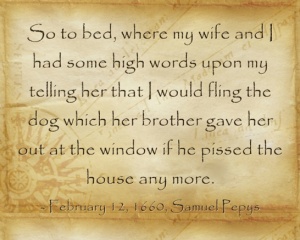 Wonderful published diaries include those of Virginia Woolf, Anaïs Nin, Samuel Pepys, Anne Frank, Abraham Lincoln, Frida Kahlo and Sylvia Plath. Other famous diarists such as Evelyn Waugh and Philip Larkin burnt theirs. Whether you write regularly or not, in a leather-bound journal or scrappy exercise book, in ink or on an app, what happens in the pages of your diary is completely up to you. If you do not want yours to be discovered by someone other than you, just remember to keep it somewhere safe.
Wonderful published diaries include those of Virginia Woolf, Anaïs Nin, Samuel Pepys, Anne Frank, Abraham Lincoln, Frida Kahlo and Sylvia Plath. Other famous diarists such as Evelyn Waugh and Philip Larkin burnt theirs. Whether you write regularly or not, in a leather-bound journal or scrappy exercise book, in ink or on an app, what happens in the pages of your diary is completely up to you. If you do not want yours to be discovered by someone other than you, just remember to keep it somewhere safe.
